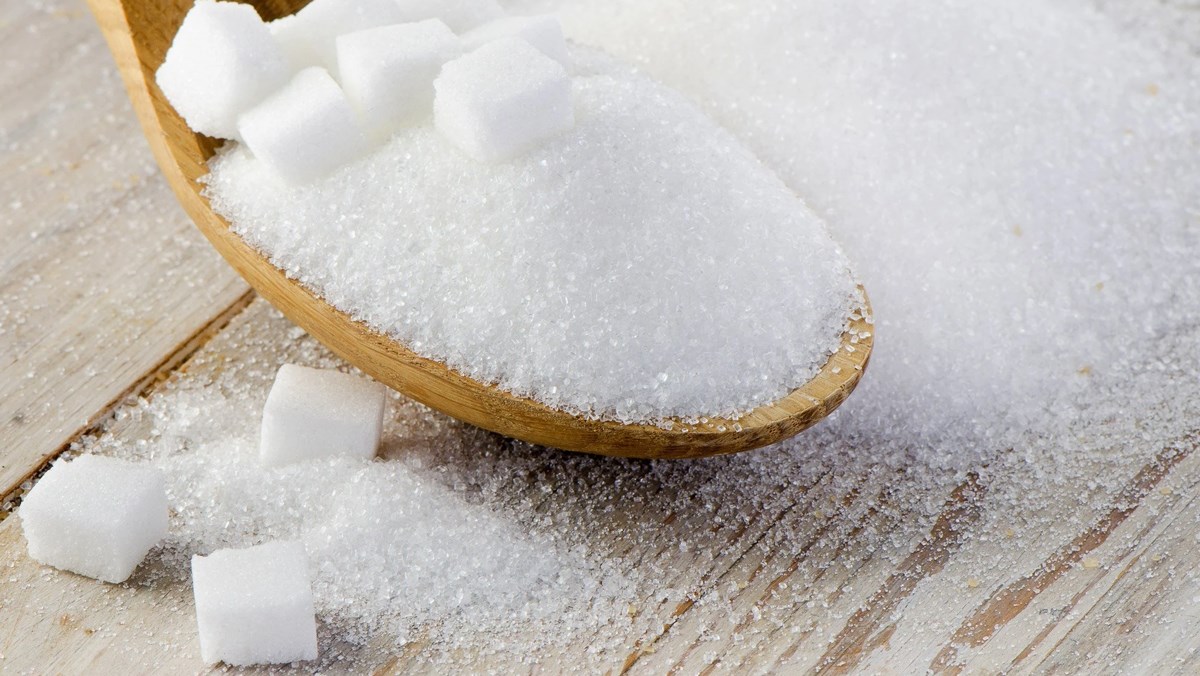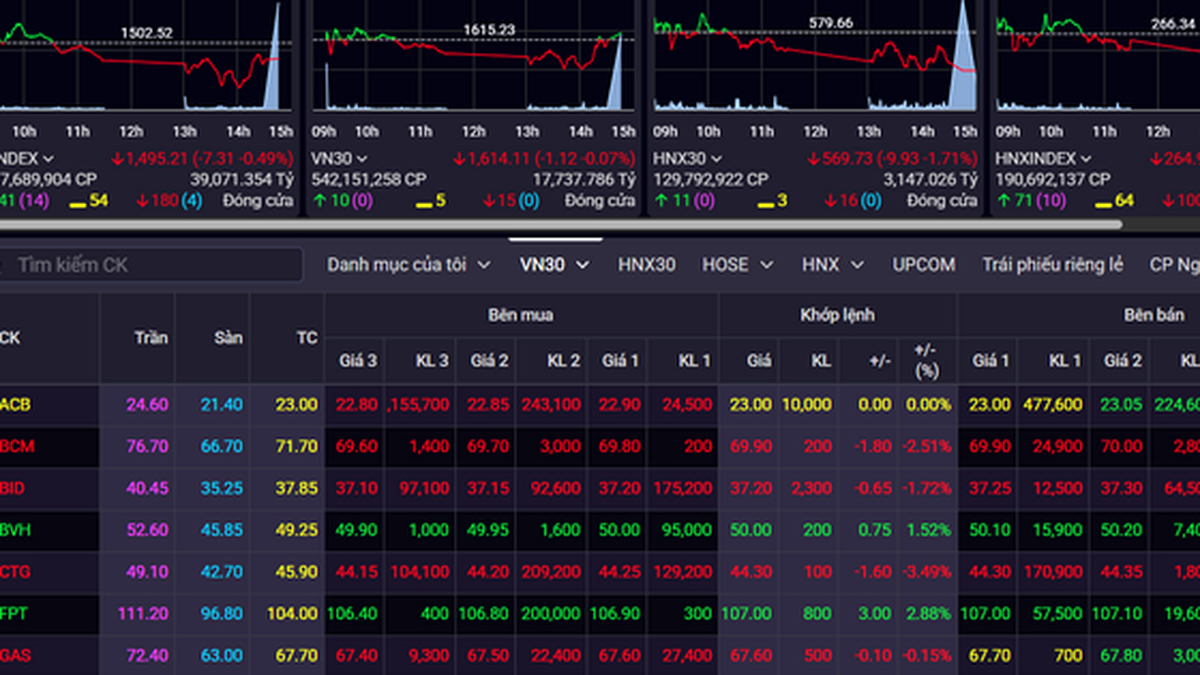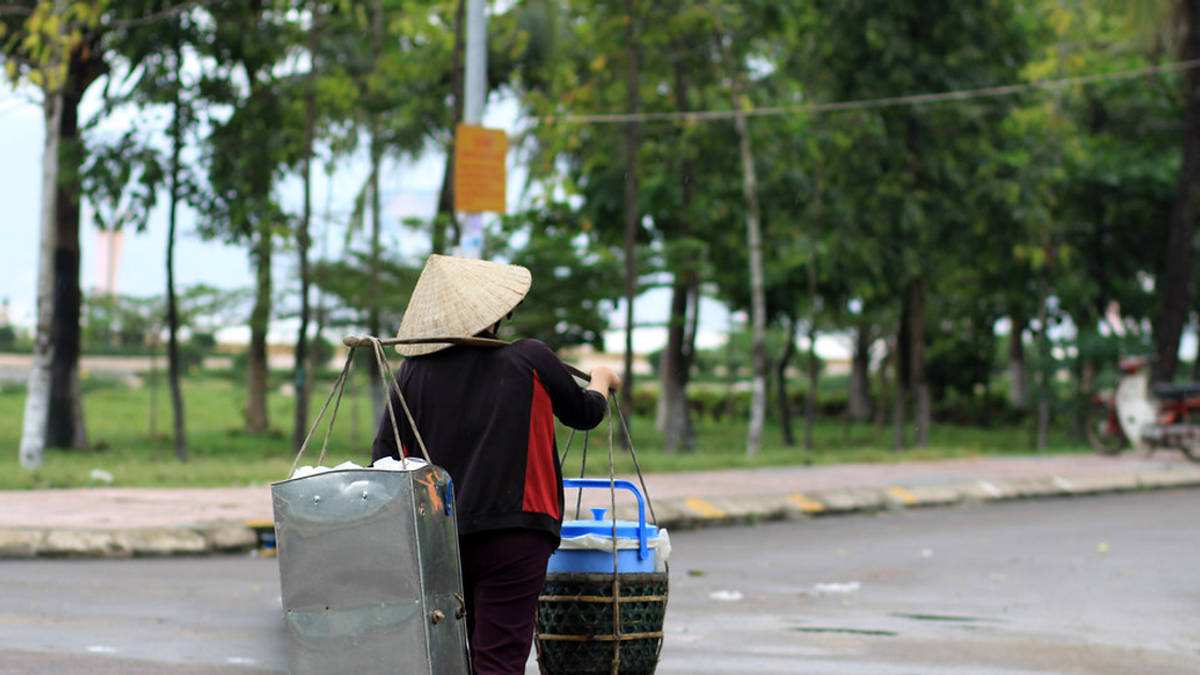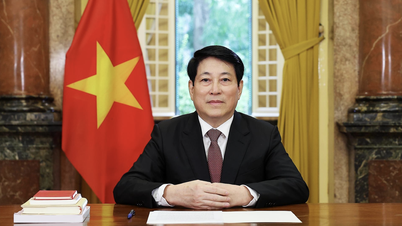How important is sugar to health?
Doctor Hoang Phan Quynh Trang - Department of Chemotherapy and Blood Diseases (A6B), Cancer Institute, Central Hospital 108 has just published an article related to sugar and cancer. The article is quoted from a scientific journal.
Accordingly, many questions are being asked: Does sugar cause cancer? Does sugar feed cancer cells, making them grow stronger? And how does sugar consumed through food and drink affect our health? Sugar and cancer are two issues that many people 'tie' together, so what is the correct point of view?

Sugar is a direct source of energy that nourishes cells (photo by Trinh Phuc).
In this article, Ms. Hoang Phan Quynh Trang shows that there is currently a lot of information on the internet about sugar and cancer, and it does not take much time to find warnings that sugar is "white death" and "cancer's favorite dish".
But the idea that sugar is responsible for initiating or promoting the growth of cancer is an oversimplification of some complex biological processes.
Sugar comes in many different forms, the simplest being just a single molecule, such as glucose and fructose.
These molecules can also stick together in pairs or in longer molecular chains. All molecular combinations are carbohydrates and are our body's main source of energy.
The form of sugar most of us will be familiar with is table sugar – a simple sugar that dissolves in water and gives things their sweet taste.
Its proper name is sucrose and it is made up of glucose and fructose crystals. Table sugar is refined, meaning it has been processed to be extracted from a natural source (sugar cane, sugar beets…).
Unprocessed foods can also be high in simple sugars, for example honey (also made mostly of glucose and fructose) is almost pure sugar.
As the sugar chains lengthen, they lose their sweetness and become insoluble in water. These chains are called polysaccharides and form a large component of starchy foods.
Starchy foods like rice, bread, pasta and vegetables like potatoes may not taste sweet but they are also high in carbohydrates.
Nearly every part of our body is made up of living cells. And it is these cells that help us see, breathe, feel, think, and more.
Although their jobs in the body may vary, one thing all of these cells have in common is that they need energy to survive and perform their duties.
Cells somehow need to convert nutrients in their diet into a form of energy they can use, called ATP. This process starts with glucose.
“Glucose is the basic fuel that powers each of our cells. If we eat or drink something high in glucose, such as a fizzy drink, the glucose is absorbed straight into the bloodstream, ready for our cells to use.
If a starchy food, such as pasta, is on the menu, enzymes in our saliva and digestive juices break it down and convert it into glucose.
And if for some reason there are no carbohydrates in our diet, cells can turn fat and protein into glucose as a last resort, because they need glucose to survive,” said Ms. Hoang Phan Quynh Trang.
Here sugar and cancer begin to conflict, because cancer is a disease of the cells.
Accordingly, cancer cells often grow rapidly, multiply at a fast rate and consume a lot of energy.
This means they need a lot of glucose. Cancer cells also need many other nutrients, such as amino acids and fats, they don't just "crave" sugar.
This is the basis for the “theory” that sugar promotes cancer, if cancer cells need a lot of glucose, then cutting sugar out of our diets should help stop cancer from growing and may even stop it from growing in the first place.
Unfortunately, it's not that simple! All of our healthy cells need glucose, and there's no way to tell our bodies to give the healthy cells the glucose they need but not the cancer cells.
There is no evidence that following a “no sugar” diet reduces your risk of developing cancer or increases your chances of survival if you are diagnosed.
And following a strict diet with very low carbohydrates can be harmful to your health in the long run by eliminating foods that are good sources of fiber and vitamins.
This is especially important for cancer patients, because some treatments can lead to weight loss and put a lot of stress on the body.
Therefore, poor nutrition from a restrictive diet can also hinder recovery, or even be life-threatening.
If sugar doesn't cause cancer, why worry about it?
If cutting out sugar doesn't help treat cancer, then why do health experts encourage people to cut out sugary foods in their dietary advice?
That's because there's an indirect link between cancer risk and sugar. Eating a lot of sugar over time can make you gain weight, and there's strong scientific evidence that being overweight or obese increases your risk of 13 different types of cancer.
In fact, obesity is the biggest preventable cause of cancer after smoking, something we've written about many times before.
And a study published in 2019 found that people who drank a lot of sugary drinks had a slightly higher risk of cancer, regardless of body weight. How can I cut back on “bad” sugar?
One of the easiest ways to reduce your “simple” sugar intake is to cut back on sugary drinks (such as soft drinks and energy drinks) which can contain more than the recommended daily maximum amount of free sugars in just one serving.
Other obvious sugary foods like candy, chocolate, cakes and cookies are also best kept as snacks. Reading nutrition labels and checking ingredient lists can help you choose foods with less sugar.
The story of sugar and cancer is complicated. On the one hand, sugar itself does not cause cancer, and there is no way (at this time) to specifically starve cancer cells of glucose without harming healthy cells.
There is also no evidence that following a very low-carbohydrate diet reduces the risk of cancer or helps treat it.
For patients, providing adequate nutrition is very important to help their bodies cope with treatment.
So the take-home message is that while cutting out sugar won't prevent cancer, we can all reduce our risk of getting cancer by making healthy choices, and reducing the amount of 'free' sugar in our diet is a good way to help maintain a healthy body weight.
Tip: We should all be eating plenty of fruit, vegetables, whole grains and legumes as these nutritious foods are also high in fibre – which not only helps your body digest natural sugars more slowly (helping you maintain a healthy weight), but also reduces your risk of bowel cancer.
Source




































































































Comment (0)